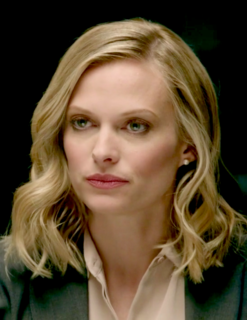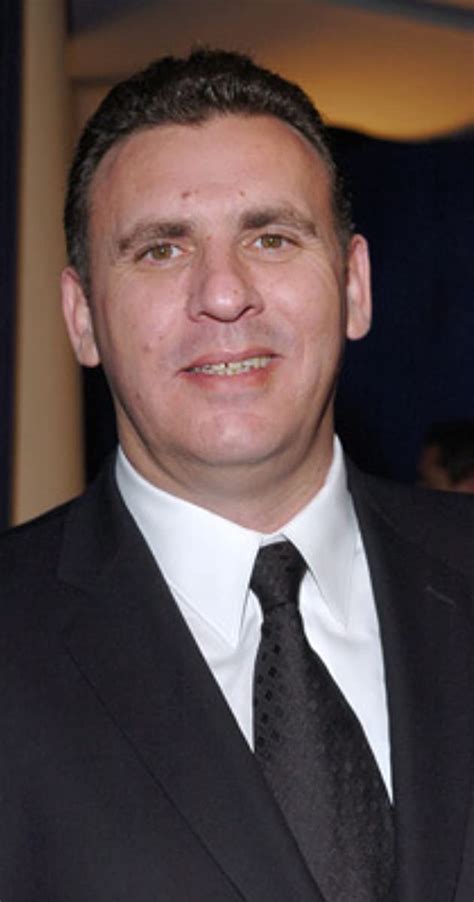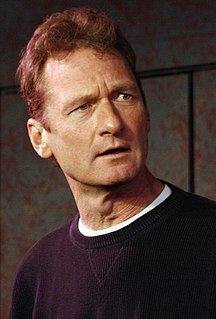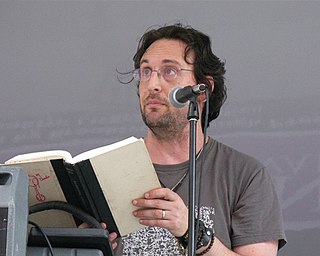A Quote by Lee Unkrich
I had worked for a lot of directors whose work I didn't respect, and as I was editing material, I was thinking about how I would have shot the scenes and what I would have done to make the scenes better. After several years of that, I got to the point that I was pretty confident I could sit in the director's chair.
Related Quotes
In the old days when I first was coming up, you would turn up on set in the morning with your coffee, script, and hangover and you would figure out what you were going to do with the day and how you were going to play the scenes. You would rehearse and then invite the crew in to watch the actors go through the scenes. The actors would go away to makeup and costume and the director and the DP would work out how they were going to cover what the actors had just done.
It [moviemaking] is not really done on a yearly basis. It's about how the material, and when the material comes in. If you develop your material and the script comes in great and you can attach a director and a cast and go off and make it, then I could make, I don't know, six [movies] a year. Or I could make one. It really depends.
Generally speaking I would say I enjoy the smaller films more because there's a less sense of pressure and often the material is more unusual. But in "Iron Man" it was kind of like both worlds colliding because there was a lot of improvisation, not that we improv-ed in the scenes but to discover the actual scenes themselves.






































